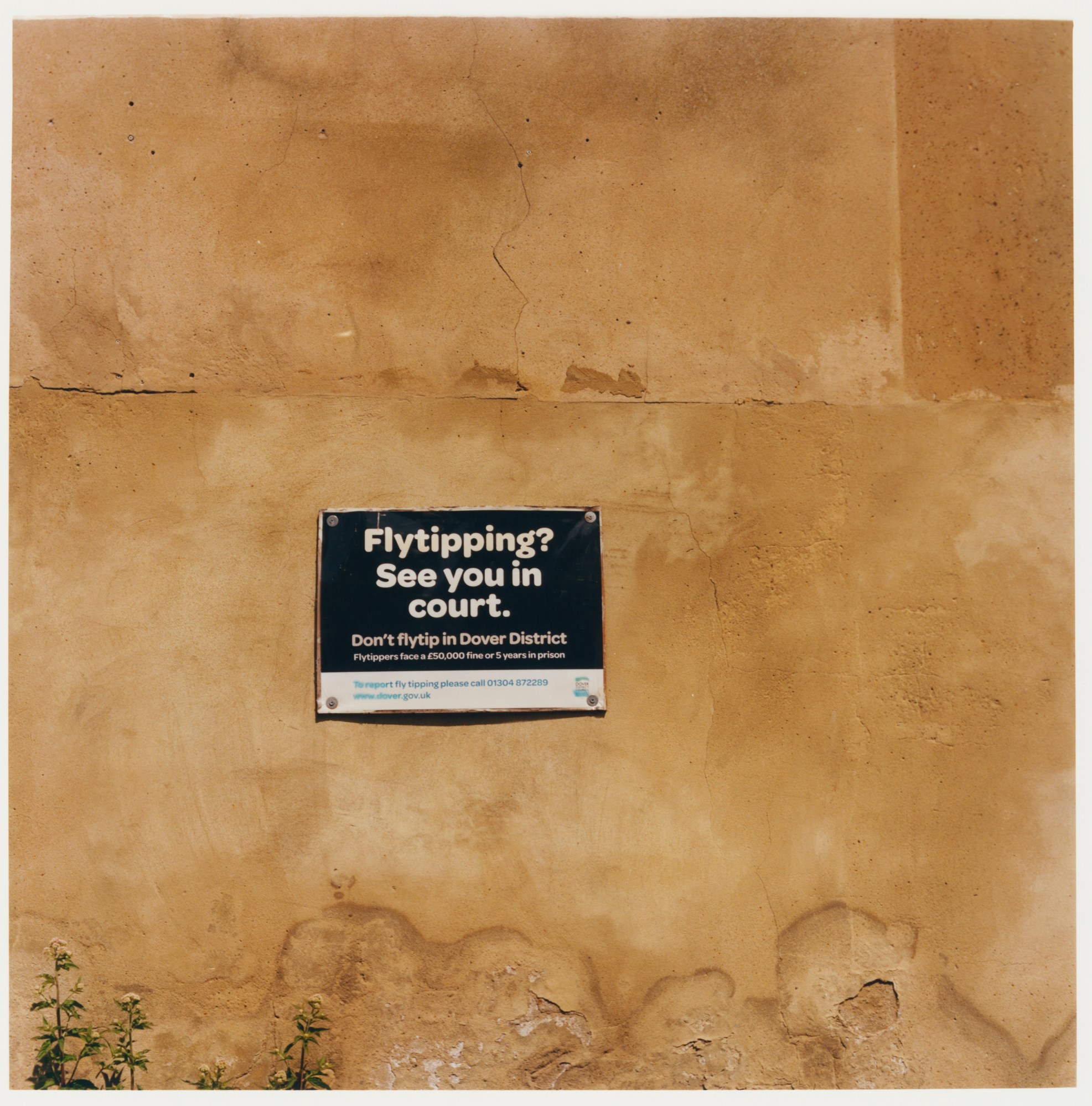In October of last year, we invited a series of young writers to reflect on what Britishness means to them for The Superstar Issue of i-D. From the nostalgia of home, to fears over rising rents, to the sense of displacement from the place we thought we once knew, our identity has never been more complex. So what does being British mean for a country facing its biggest shift in decades? And does it still matter? Read the full series here.
“Actually, I can’t be bothered today,” I announced before sending an email to one of the teams working on Big Ben’s restoration. I used to work for Parliament, and was meant to go to Westminster Bridge and film Big Ben for a social video on Daylight Savings but I just couldn’t bring myself to leave the office. Later that day, during a meeting with the social team in our cafeteria, discussing our upcoming campaigns an announcement came over the speakers: “This building is on lockdown.”
We looked at each other nervously. My colleague told me he had worked there for over 12 years and had never heard an announcement like it before. We made our way upstairs to our office. As we reached our floor and walked towards our desks, we noticed everyone huddled around the TV watching BBC News. A terror attack had just taken place outside of Parliament. I could see my building in the footage they were showing. I fell into my seat.
At around 14:40 on March 22nd 2017, 52-year-old Khalid Masood ran over people on Westminster Bridge, rammed into the side of Parliament’s gates and killed an on duty police constable, Keith Palmer, before being shot and killed. Five other people died; Keith Palmer, Aysha Frade, Kurt Cochran, Leslie Rhodes, Andreea Cristea. 49 people were injured, many severely.
What I witnessed from then on was a reflection of everything I considered Britain to be today. I call myself British Indian, but do I just tick that box to end the monotony of the conversation? How do you become British? When I’m told to go home, I’m aware they aren’t referring to the two bed I’m begrudgingly renting in Stoke Newington. I know the disconnect and I can feel it.
When the attack took place in Parliament, I noticed a shift. For a light skinned Indian, I suddenly felt very brown. I noticed people staring at me. I noticed my anxiety flaring up. I began feeling more paranoid about people staring at me.
Our building was on lockdown until 8pm, when we got to leave we had to exit past a group of reporters. I could feel anger boil inside me. Who wanted to see staff walk out of Parliament, traumatised, drenched in anxiety? People tried to stop us to ask questions, but we had been ordered to ignore them and walk past. I don’t know what I would have said if they had stopped me, anyway. What would angry British people think about this brown woman working in Parliament? Was I no longer British to them?
The ridiculous stiff upper lip was on full display when staff were told to come in the day after, so as not to be defeated by the attack. “No matter how many people try and bring down Parliament, we stand strong”. I realised I cared little, if at all, about Parliament. I was not going in and I was not going to pretend everything was fine. A message was sent and I was told again to come in. I wondered if it made me less patriotic. I cared even less.The day after as I walked past the spot where Keith Palmer was killed and all the hairs on my body stood up and I shivered. I looked around me. Are people staring at me? A sea of black, brown and white faces were walking into their offices. I could feel every eye judging me.
Social media became heavily involved in finding and naming the perpetrator. One person was falsely accused, while many found themselves taking to their profiles to infiltrate the panic with anti-Muslim hate. Media outlets were referring to the attacker as a terrorist from the get go – there was no room to question anything. We were in that space now, where every brown face is a potential threat. But Muslim people living in Britain feel the threat as strongly as everyone else. Are they less British?
Credits
Photography Sam Rock

